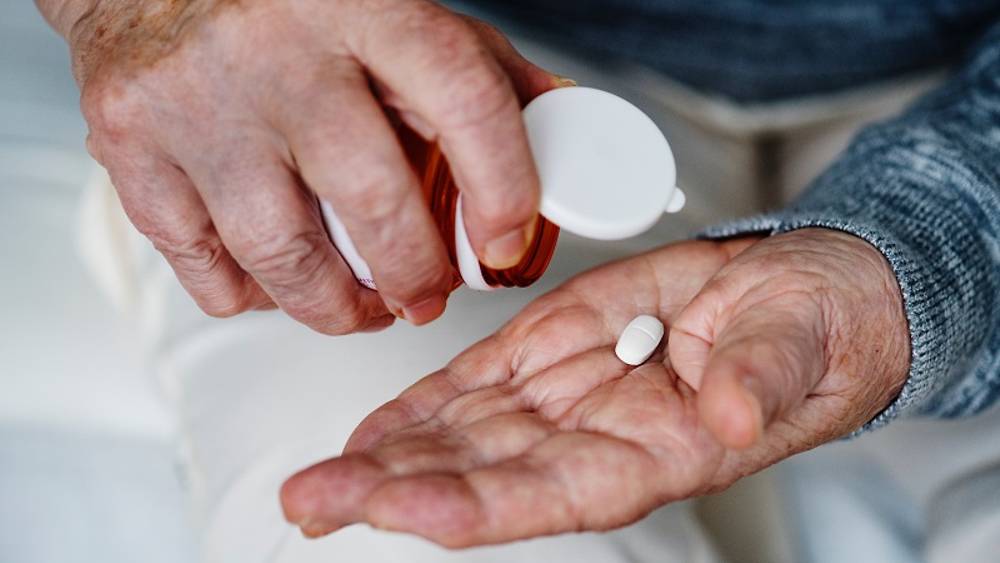Cargo news


Why CEIV Pharma certification is just as relevant as ever for Finnair Cargo and the industry
Finnair was the first airline in the world to be awarded the IATA Excellence for Independent Validators in Pharmaceutical Logistics certification or CEIV Pharma for short. The decision to commit was an easy one for Finnair Cargo and CEIV Pharma certification is still as relevant today right across the industry.
IATA, in conjunction with Brussels Airport, created the Center of Excellence for Independent Validators in Pharmaceutical Logistics to achieve a high standard of pharmaceutical handling across the entire supply chain. CEIV Pharma addresses the industry’s need for more safety, security, compliance and efficiency with the creation of a globally consistent and recognised pharmaceutical product handling certification.
CEIV Pharma was developed by the industry for the industry, according to IATA
Nathan De Valck, Brussels Airport cargo business and product development manager, believes CEIV Pharma has the edge over the forerunner, the Goods Distribution Practice (GDP): “The GDP provides a good basis for pharma storage but it’s inconsistent when air transport is considered. An incorrect temperature at any part of the supply chain – such as the waiting period on the tarmac – can cause rejection of medicines.”
Finnair Cargo’s second hub is situated in the ‘pharma valley’ of Brussels Airport and given that Finnair always intended to make a strong entry into the pharma sector, becoming CEIV certified was a natural choice.
Finnair Cargo’s head of operations Jukka Glader notes that adopting the CEIV Pharma certification has had a good effect on attracting new customers. “We always thought it would be the best option because of its reliability and faster end-to-end service, so we decided to bite the bullet and integrate it from the start.”
According to Andy Faes from global logistics company Expeditors (the first freight forwarder to receive CEIV certification) great value is placed in dealing with businesses, such as Finnair Cargo, that opt to meet the CEIV Pharma strict requirements.
“The lack of a quality stamp for pharmaceuticals had previously concerned a lot of shippers, ground handlers and carriers so we appreciate the one standardised approach,” says Faes.
“The certification has done a great job of bringing people around the table and setting up a collaborative approach between different parties.”
“Compliance comes at a cost, but non-compliance comes at an even greater cost.”
The Goods Distribution Practice is still attractive
IATA has reported that 220 entities are certified and more than 77 are in the progress of certification. Even though the CEIV Pharma certification has been established very well within a short period of time (four years), not everyone has come on board.
In 2017, Emirates SkyCargo opted for the GDP certification to integrate into their pharma transport infrastructure.
Many companies have highlighted the difficulty in adhering to the very strict standard that GDP certification requires and the fact that it has been difficult and costly to maintain consistency across the supply chain. To these companies and their customers, the CEIV Pharma certification makes more sense.
IATA is constantly improving CEIV pharma certification relevant
IATA continually collaborates with numerous supply chain stakeholders and regulators to ensure the CEIV programme is up-to-date in terms of standards and regulatory requirements. CEIV Pharma certification is an ongoing process and takes on a more malleable form than its counterparts as new strong or weak points are identified – and gaps are plugged.
As Glader explains, Finnair Cargo is committed to staying one step ahead. His job is to investigate not only what the future will be, but also what the future will require.